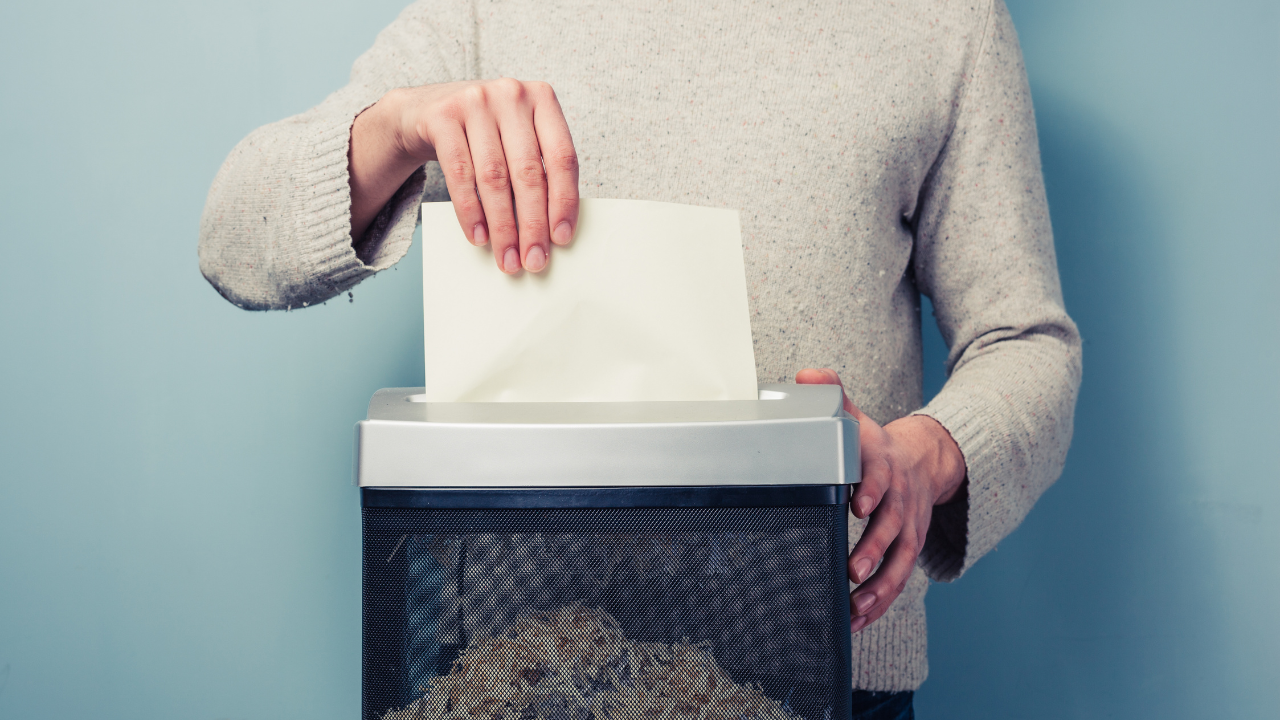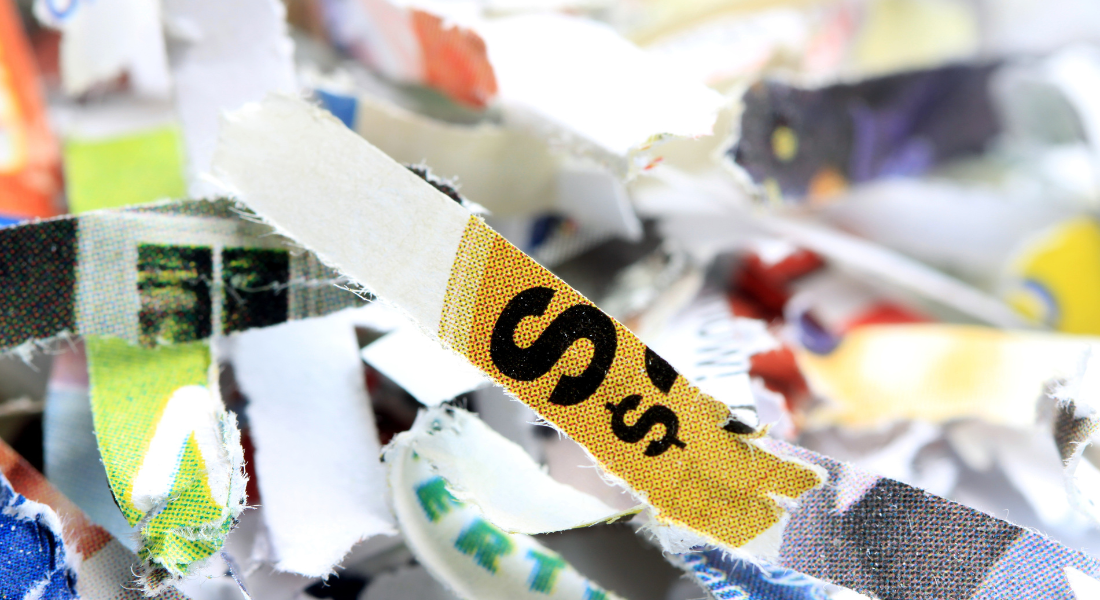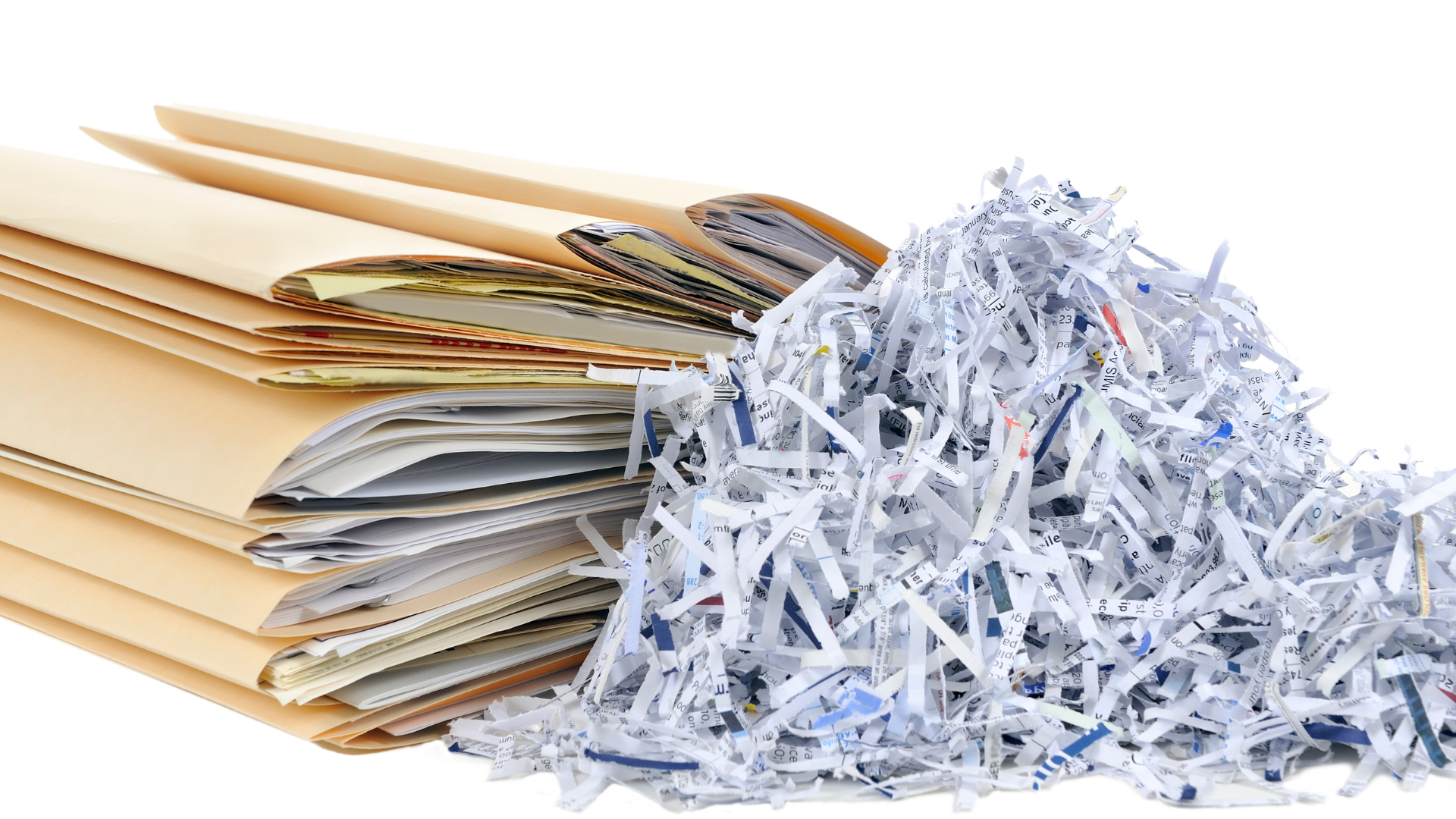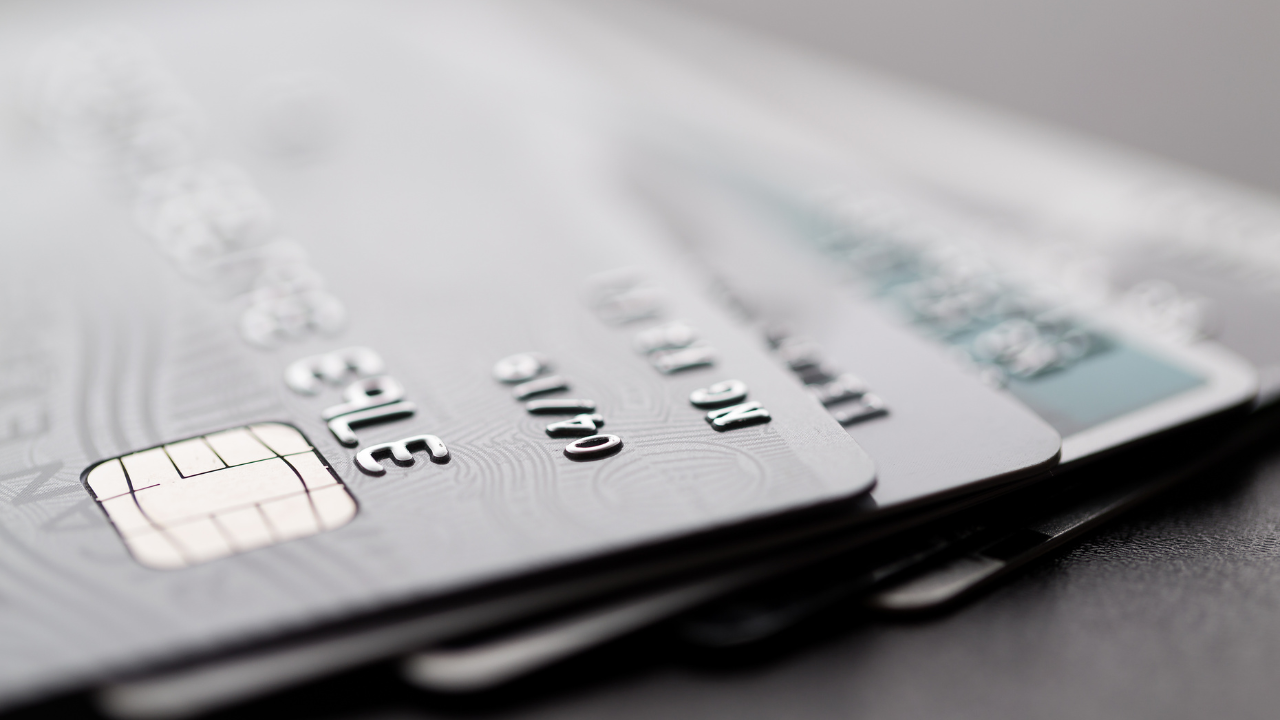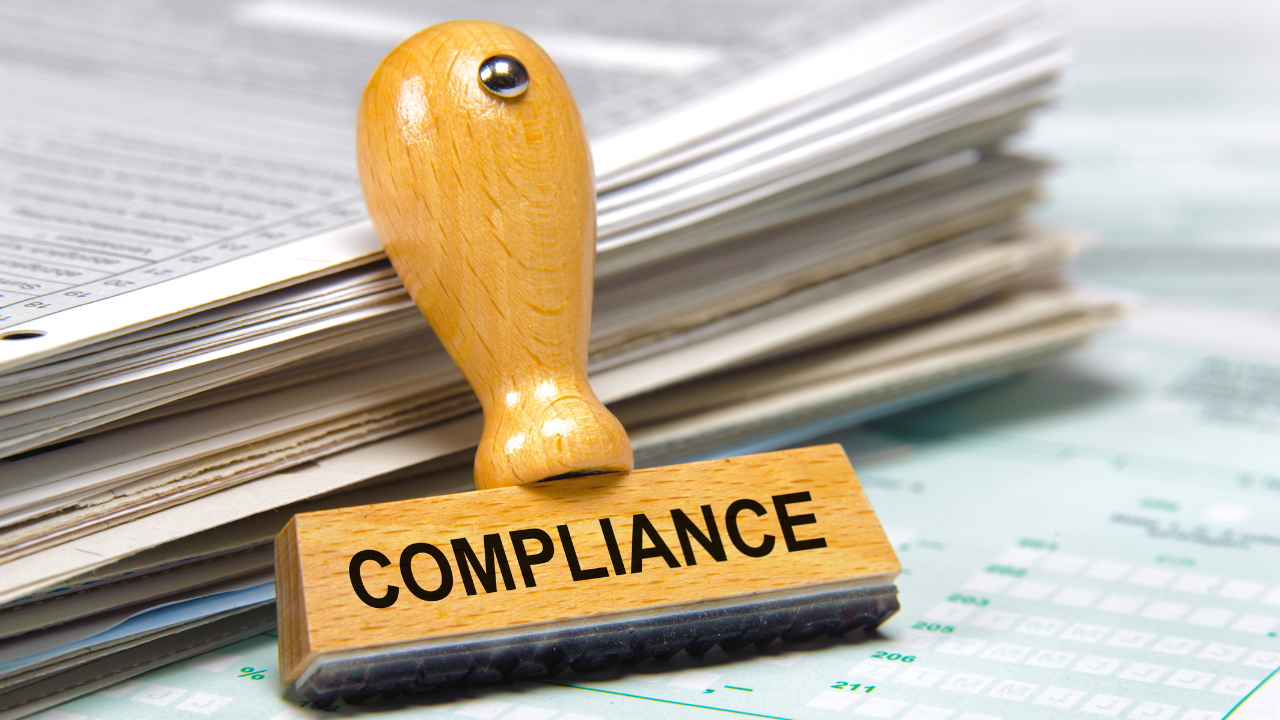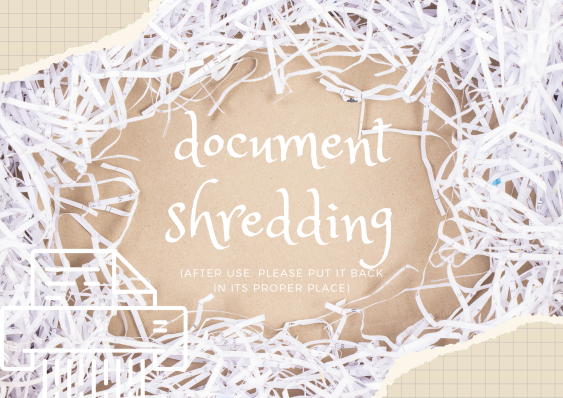Top 9 Document Shredding Tips For Office Spring Cleaning
A clean office could increase productivity by at least 5%. It also improves impressions and can boost your mood. For most businesses, spring is an ideal time for document shredding and cleaning out the filing cabinets.
During office spring cleaning, start by sorting out the essential documents you need to keep from the ones you no longer need. After you have sorted your documents, you need to:
- Lock up or scan the documents that you want to keep
- Store your digital files in a safe place
- Shred the physical documents you do not need
How Can You Avoid Data Breaches?
It is crucial to consider document shredding as a data breach could put your business at risk and destroy your reputation. Shredding the documents also helps to comply with the law to:
- Get rid of clutter
- Prevent fire hazards
- Prevent identity theft
- Protect the environment
Most data breaches like fraud and identity theft involve information or paper records. You can avoid data breaches with document shredding. The law also requires document shredding because various state and federal laws mandate that you protect all private information about your customers and employees.
Top 9 Tips For Secure Document Shredding
Here are the top nine tips for secure document shredding:
- Evaluate your needs: Before shredding the documents, you need to evaluate and assemble a checklist of which documents you need to shred and which you need to keep.
- Shred old taxes: When you're done filing your taxes for the year, review old financial records and determine what you don't need. According to Internal Revenue Service (IRS), you can shred the tax records after three years.
- Plan ahead: As several businesses do their record maintenance during office spring cleaning, it is crucial to plan ahead and ensure you have the resources and assistance you need to stick to the document shredding and record maintenance schedule.
- Make security your top priority: During office spring cleaning, always remember that security should be your top priority. Because business and personal documents contain sensitive and valuable information like your:
- Credit card numbers
- Bank account details
- Social Security Number
- Information about your company or customers
- Choose the correct shredder: Remember to choose the correct shredder throughout the office to ensure security procedures are being followed.
- Shred the documents strategically: Shred outdated confidential documents like invoices, bills, financial plans, and signed receipts. Establish company-wide rules for disposal and shredding as the process protects sensitive data.
- Shred on schedule: In addition to spring cleaning, you can also shred the outdated documents whenever you can: daily, weekly, or monthly. Depending on your storage capacity and volume, regular shredding can help to avoid a large pile of documents.
- Follow the rules diligently: Specific rules about document shredding and record-keeping might apply depending on your regulatory environment and niche. Ensure that you're familiar with the laws you have to follow, study the digital storage's role, and make provisions if the paper documents need to be shredded.
- Create a disaster recovery plan
Create a disaster recovery plan for the unexpected. It ensures that:
- You have digital access to documents that you need 24/7.
- Your essential and confidential documents are scanned and imaged correctly.
Takeaway
Spring is the right time for document shredding and to create a disaster recovery plan. Choosing a skilled document scanning company is the first step towards the office spring cleaning as they will help in bulk scanning of documents you need to keep.
At I-Shred, security and efficiency are a priority. I-Shred offers stress-free onsite shredding to save time and ensure your documents are destroyed properly. Which is why we offer recurring service to small businesses. We are dedicated to helping you save time and money when it comes to secure document destruction. Contact us today!

